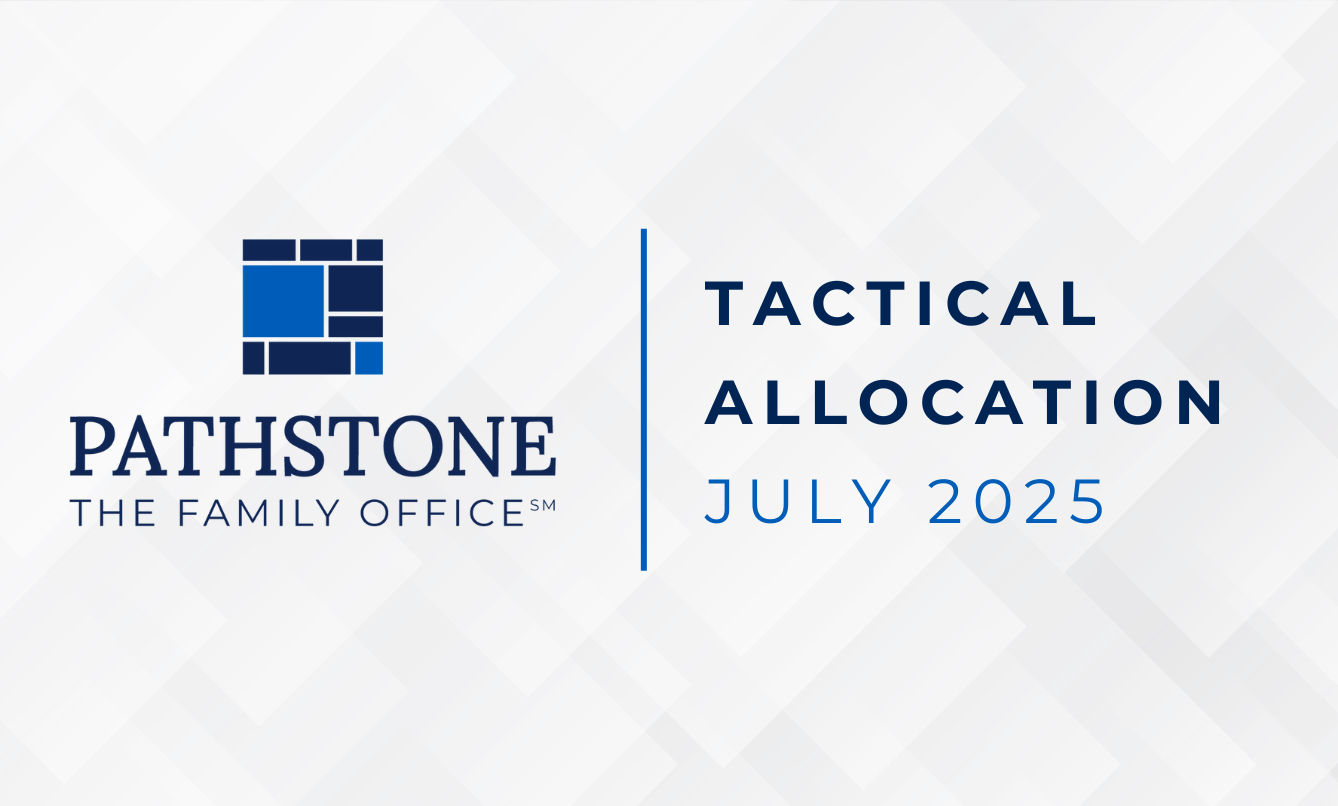When a loved one passes, they leave an estate consisting of all their assets – ranging from investment and bank accounts to their wedding ring and antique armchair. These assets must be gathered, inventoried, valued, and maintained during what is called Estate Administration. Once the many formalities required under state and federal law are satisfied, assets can finally be transferred to heirs as directed by the deceased’s estate planning documents – usually a Will, Revocable Trust (also called a Living Trust), or both. Where a Revocable Trust is used, it must still be paired with a Will (called a Pour-over Will) to ensure assets not previously transferred and titled to the Revocable Trust ‘pour’ into the trust at death and are distributed according to its provisions. The intersection of federal and state tax and administrative and property laws often results in the process taking significantly longer than most anticipate, with even seemingly simple estates requiring several months or even years to fully settle. To help prepare you for the intricacies of this process, we have compiled the following core concepts and commonly asked questions.
What is probate?
Probate is the legal process by which assets owned by the deceased are formally transferred to heirs. The Will is validated through probate, and an executor (also called a personal representative) is appointed and given authority to transfer the assets (via what are called Letters Testamentary). Probate is subject to the rules in the state in which the deceased passed, but if the deceased held real property in multiple states, they might have probate in more than one state. Probate in multiple states can be avoided by holding real estate in the name of a Revocable Trust.
Any assets titled in the name of a Revocable Trust will not be subject to probate. These assets will be managed by the trustee of the Revocable Trust, and the trustee, not the executor, will be responsible for transferring the trust assets to heirs. The trustee may be involved in the probate process only to the extent that the trustee receives probate assets on behalf of the trust when they are “poured over” from the Will.
Retirement assets are also not subject to probate. These accounts will automatically pass to heirs pursuant to the beneficiary designation on file with the custodian.
The probate estate (comprised of the assets legally required to go through the probate process) is different than the taxable estate. The taxable estate is made up of probate assets, retirement assets, and the assets in a Revocable Trust. It may also include assets held in irrevocable trusts if the deceased retained significant control over the trust assets, such as holding a general power of appointment. The estate tax is assessed on all of these assets, minus any exemptions or exclusions.
Should I use a Revocable Trust to avoid probate?
In some states, due to crowded court systems and high statutory fee structures, it’s desirable to avoid probate. In other states, probate can be efficient, less expensive, and provide the additional benefit of legally precluding future claims or challenges by heirs or creditors, which are not otherwise available without probate closure. Depending on your state, your attorney may have prepared only a Will or a Revocable Trust with a pour-over Will. Many Pathstone clients prefer using Revocable Trusts, as they have the added benefit of enhanced privacy. A Will becomes public record as part of the probate process so anyone can access the transfers made to heirs and the legal provisions of any trusts you create under the Will. This is not true if the transfers and trusts are made through a Revocable Trust. These details remain private and are not subject to probate disclosure.
Some states require only estates over a certain dollar amount ($100,000, for example) to be probated and allow smaller estates to use a simpler process. Other states require all estates to go through probate, regardless of size. While it is simple to retitle financial accounts and real estate into the name of the Revocable Trust, the accumulation of personal property and collectibles (art, jewelry, automobiles, etc.) can often quickly eclipse probate limits. Accordingly, when planning for probate avoidance, it is crucial to regularly update asset inventories and valuations with your planning team.
My spouse has named me Executor/Personal Representative. What do I have to do?
We often see the surviving spouse named as the executor of the deceased’s estate. While the duties of an executor can seem overwhelming, especially at a time when you are experiencing a great loss, you should have a team of professionals at your side who can assist with much of the heavy lifting. This team typically consists of your attorney, CPA, and Pathstone, all of whom are familiar with the estate administration process.
The executor’s duties may include:
- Finding and collecting all the assets
- Inventorying and appraising assets
- Giving notice to all the deceased’s creditors
- Filing an estate tax return and estate income tax return and paying taxes
- Paying any debts
- Distributing assets to heirs
- Providing a detailed report of estate administration to the court and all interested parties
It is common for our clients to also name the spouse as the trustee of the Revocable Trust and any marital or family trusts created at the deceased spouse’s passing. While separate from the probate process, the trustee’s duties happen simultaneously with probate and overlap as all these assets make up the taxable estate. When serving as trustee, you should seek the assistance of the same team of professional advisors.
Why does the estate administration take so long?
Estate administration can take from months to several years, depending on the location, size, and complexity of the situation. In addition to administrative and legal complexities, larger taxable estates require the completion of both estate and income tax return filings. Even in instances when estate tax returns could be expedited, it might not be prudent to do so. Federal tax law provides executors the ability to value estate assets either on the date of death or six months later. Therefore, most executors must wait to determine which date is most favorable for the estate beneficiaries. For example, If the assets of a taxable estate have substantially decreased in value, the alternative valuation date can yield significant estate tax savings.
Generally, the estate tax return isn’t due until 9-months after the date of death, so the executor of a taxable estate may benefit from waiting until the due date. So long as the assets that will be used to pay taxes are held by the estate, any interest or dividends earned would accrue to estate beneficiaries.
The probate process has its own unique timelines that are set by state and even local law. It may take from a few weeks to several months for the executor or personal representative to be formally accepted to serve by the probate court. Also, a notice to potential estate creditors must be published for a statutory period (usually from 60 to 90 days) prior to proceeding. Then the probate cannot be closed until all tax returns are filed, taxes paid, and the estate receives an estate closure letter from the IRS.
An estate may take even longer for any number of reasons, including:
- Hard to value assets
- Improperly titled or hard to transfer assets
- Complex asset sales such as operating businesses or luxury real estate
- Litigation involving the estate or the deceased
What can I do to make this estate administration process faster or easier?
As you can see, estate administration has a lot of moving parts and may require considerable time and effort. The more complex the estate, the longer it will take. Working with your Pathstone advisor today to create/update and maintain a comprehensive inventory of property and a balance sheet is a key step in the planning process. The balance sheet should include the owner of each asset so you can understand which spouse’s estate planning documents will control what assets. It will also help identify assets that will be subject to probate and allow you to retitle if needed. Planning today will allow for a smoother estate administration process with fewer surprises.
Please see PDF for important disclosures.








